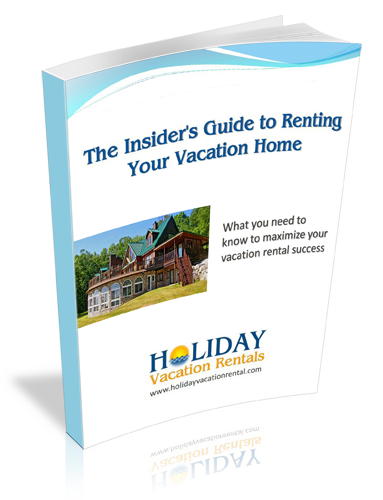
Free Rental Guide!
Learn what it takes to rent your vacation home and maximize your rental income.
Free Rental Guide!
Learn what it takes to rent your vacation home and maximize your rental income.
The American Hotel and Lodging Association (AHLA) has announced a plan to battle against the practices of the vacation rental industry.
The battle is against current online practices of large distribution channels, taxation, compliance and alleged unlawful practices of short term rentals. Health and and safety is also mentioned by the AHLA, according to VRM Intel. The idea is to lobby government to limit their competition through not only stricter enforcement of existing laws but also new regulations on vacation rentals.
The Executive Director of the Vacation Rental Managers Association (VRMA), Mark McSweeney, has responded with the following statement:
We agree that short-term rentals should be in compliance with all local codes and tax requirements…. However, we are concerned with the broad strokes with which many of these statements paint the short-term vacation rental industry. The fact is, when managed by established and traditional vacation rental professionals, short-term vacation rentals create benefits to local economies via tax dollars and tourism revenue, generate jobs, and ensure safety and security for their guests and surrounding communities…. Regulations that create blanket limitations on short-term rentals unnecessarily inhibit local economies and the success of legitimate businesses like those of the members of VRMA. When legally zoned for hospitality business, established and traditional vacation rental professionals follow all regional tourism standards and tax requirements, much like a hotel would, which is best for everyone – travelers, homeowners, neighboring businesses and local governments.
Carl Shepherd, co-founder and Chief Strategy and Development Officer at HomeAway, has similarly remarked:
HomeAway welcomes partners who seek to help communities create fair and appropriate regulations for vacation rentals, and would agree with the premise that clear, community focused regulations are required…. Outright bans of the activity, however, make no sense at all…. In the end, history shows us that attempting to ban an industry may seem easier than adapting to address changing competition, but in the long run, the former has always failed, and the latter most often proves to be the winning strategy.
Government intervention in the market isn’t necessary for health and safety standards to be met, as it is in the industry’s own interests to satisfy consumers by ensuring such standards. As VRM Intel further points out:
Over the last 15 years, a few vacation rental industry leaders and organizations worked to proactively establish standards for professionally managed vacation rentals. The Vacation Rental Housekeeping Professionals (VRHP) was formed in 1999 to put housekeeping standards and certifications in place to promote and maintain lodging safety and health among professional managed vacation rentals.
The VRMA and the CFVRMA [Central Florida Vacation Rental Managers Association] also initiated certification programs designed to proactively give the vacation rental management industry a stronger ethical foundation and to provide guests with assurance that safety, health and legal guidelines had been met.
VRM Intel actually sees potential positive benefits for the vacation rental industry from the hotel industry’s interest in limiting this form of competition, stating that “it serves to provide conclusive legitimacy of vacation rentals as a viable lodging alternative to hotels”, “serves to provide additional education and awareness of the distinction between professionally managed and owner managed rentals”, and increases awareness about the need “to work together as an industry, put health and safety guidelines in place, and join forces to further increase gains in lodging market share”.
Read the full article at VRM Intel here.






